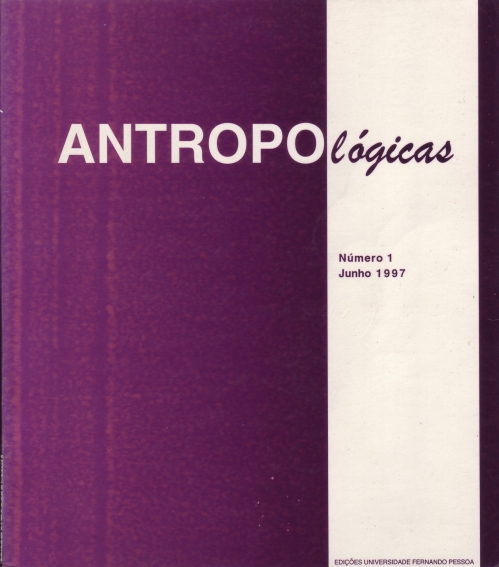Género e família na construção das identidades portuguesas no Canadá
Abstract
In an ethnographic case study, gender and household relations are found to play in a Portuguese "community" in southwestern Ontario, Canada. The analysis focusses on the households of emigrants from the fishing town of Nazaré whose members also work in fishing in Canada. Comparison is made with the Canadian households of emigrants from the Azores and Trás-os-Montes. Emigrants from the three regions are found to be differently located in the Canadian economy and to maintain different ideals and practices in the reconstitution of household and gender relations in a transnational context.Downloads
Issue
Section
Feature articles
License
Copyright Notice
Authors who publish in this journal comply to the following terms:
- Authors retain copyright and grant the magazine right of first publication, with the work simultaneously licensed under a Creative Commons Attribution license that allows the sharing of work and recognition of authorship and first publication in this journal.
- Authors are authorized to take additional contracts separately for non-exclusive distribution of the work published in this journal version (ex.: publish in an institutional repository or as a chapter of a book), with recognition of authorship and first publication in this journal.
- Authors are allowed and encouraged to publish and distribute their work online (e.g., in institutional repositories or on their personal page) at any point before or during the editorial process, as it can generate fruitful changes, as well as increase the impact and citation of the published work (see The effect of open access). [link to http: opcit.eprints.orgoacitation-biblio.html]


